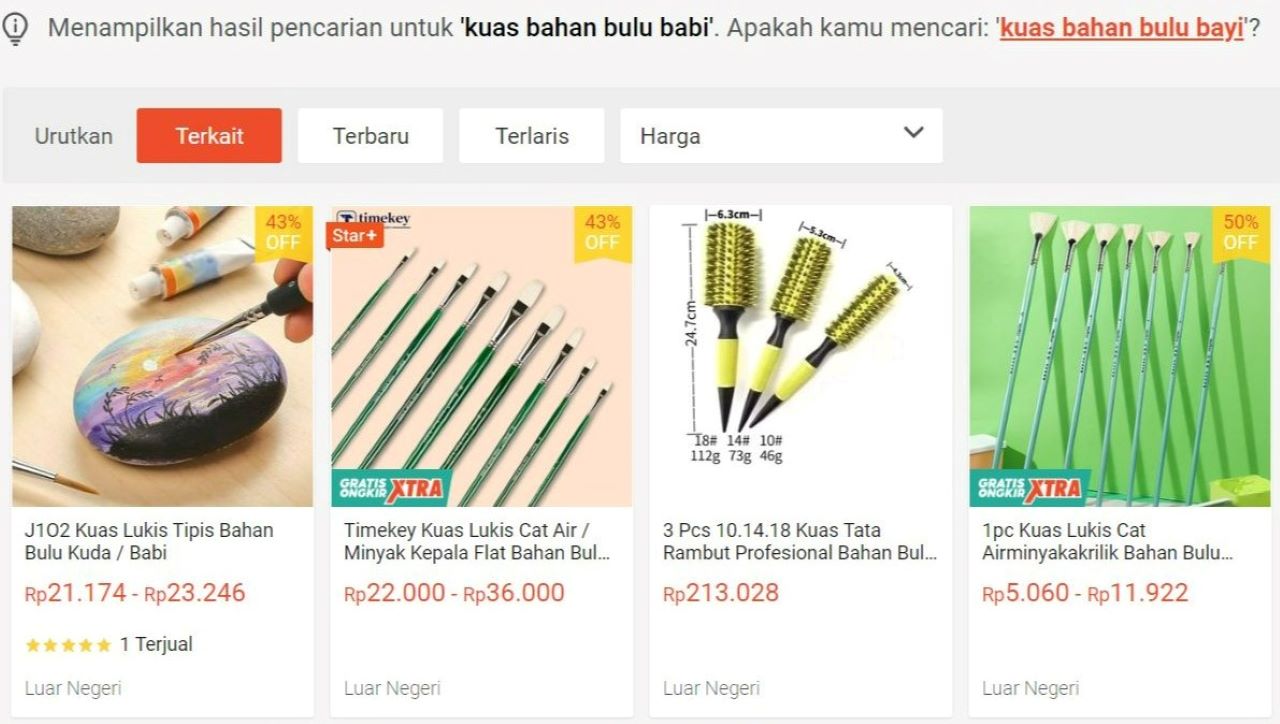
Pork Animal Fur Materials
In recent years, there has been increasing awareness and concern regarding the use of brushes made from pork animal fur materials. This issue has gained attention due to ethical, cultural, and religious considerations, as well as potential health implications.
In this article, we will explore the significance of being conscious about the origin of your brushes and provide insights into alternative options that promote inclusivity, respect, and hygiene.
Understanding the Concerns
- Ethical Considerations: Many individuals and communities, particularly those adhering to specific religious or cultural practices, abstain from using products derived from pigs or pork animals. For them, using brushes made from pork animal fur materials can be against their beliefs and values.
- Religious Significance: Certain religious traditions and faiths consider pigs or pork animals as impure or forbidden. Using brushes made from pork animal fur can cause discomfort and conflicts with religious observances and practices.
- Hygiene and Health Implications: The use of brushes made from pork animal fur materials raises concerns regarding potential allergies, contamination, and the transmission of diseases. The rigorous processing required to render the fur suitable for brush bristles may not guarantee complete removal of allergens or pathogens.
Exploring Alternative Options
- Synthetic Bristles: Opting for brushes with synthetic bristles is an inclusive and versatile alternative. Synthetic bristles are usually made from materials like nylon or polyester, offering a wide range of options in terms of softness, density, and durability. They provide a cruelty-free choice that respects various cultural and religious sensitivities.
- Natural Fiber Bristles: Brushes made from natural fibers such as plant-based materials or animal hair from ethical sources other than pork animals can be a viable option. Examples include brushes made from boar bristles, horsehair, or cruelty-free alternatives like synthetic taklon brushes designed to mimic natural hair.
- Transparent Labeling: Manufacturers and retailers can play a significant role in promoting awareness and choice by providing transparent labeling. Clear and accurate information about the materials used in brush production empowers consumers to make informed decisions aligned with their values and beliefs.
Promoting Education and Awareness
To address the concerns surrounding brushes made from pork animal fur materials, it is crucial to promote education and awareness at various levels:
- Consumer Education: Encourage consumers to be mindful of the materials used in brushes and make informed choices. Provide resources, articles, and guides to help them understand the significance of using alternative options and the impact of their choices.
- Industry Collaboration: Manufacturers, retailers, and beauty professionals can collaborate to develop guidelines, best practices, and industry standards that promote inclusivity, respect cultural diversity, and prioritize hygiene and health considerations.
- Advocacy and Outreach: Engage with religious and cultural communities, organizations, and influencers to foster dialogue and understanding. By addressing concerns and providing viable alternatives, it is possible to create a more inclusive and considerate beauty industry.
Conclusion
Being aware of the use of brushes made from pork animal fur materials is essential for promoting inclusivity, respect, and hygiene. By understanding the concerns associated with these brushes and exploring alternative options, we can make informed choices that align with our values and beliefs.
Promoting education, transparency, and collaboration within the industry will contribute to a more inclusive and considerate beauty landscape.
If you want to read more information about how to make conscious choices in the beauty industry, visit https://www.theinsidersviews.com/search/label/Beauty



